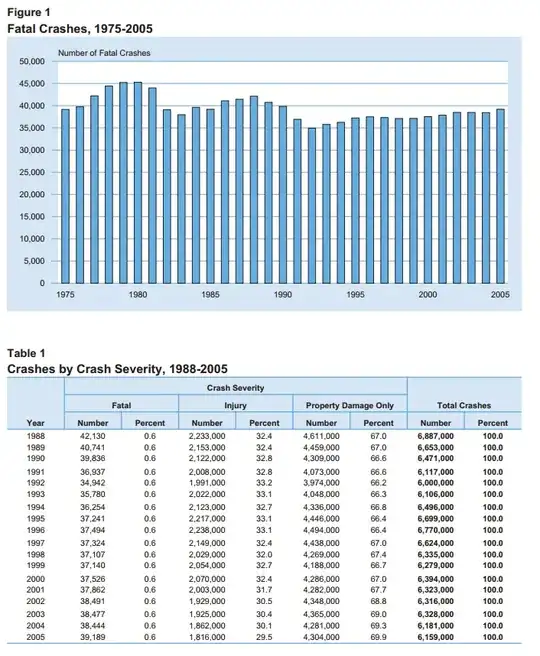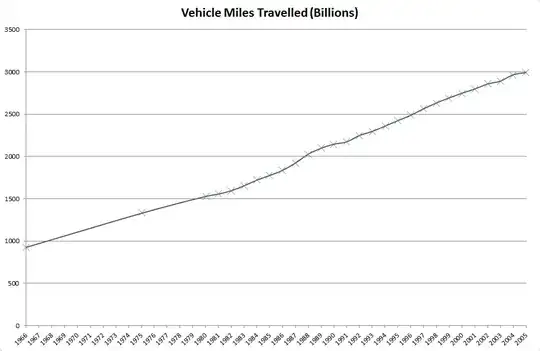No.
According to a 2005 report from National Highway Traffic Safety Administration (NHTSA):

The number of billions of miles driven and the number of fatalities on US roads increased slowly [data from Table 1 and Table 2]:
- 2000: 41,945 fatalities over 2,747 billion miles.
- 2001: 42,196 fatalities over 2,797 billion miles.
- 2002: 43,005 fatalities over 2,856 billion miles.
Even if the entire increase in fatalities could be attributed to increased driving due to the fear/unavailability of flying, and the entire increase in 2001 was September or later, that is "only" an increase of 1,311 fatalities over a period of 15 months.
Compare that to the number of casualties in the 9/11 attacks which is generally placed just shy of 3,000.
Examining the graph, the trend for increasing fatalities extends further back than 2001. Even as fatality rates per mile travelled has improved, the distances travelled has increased.
To convince myself there wasn't a spike in the distance travelled data that i wasn't seeing in the column of numbers, I plotted it:

I didn't perform any advanced statistical analysis on this - it was sufficient to persuade me that there was no noticeable spike after 2001.

